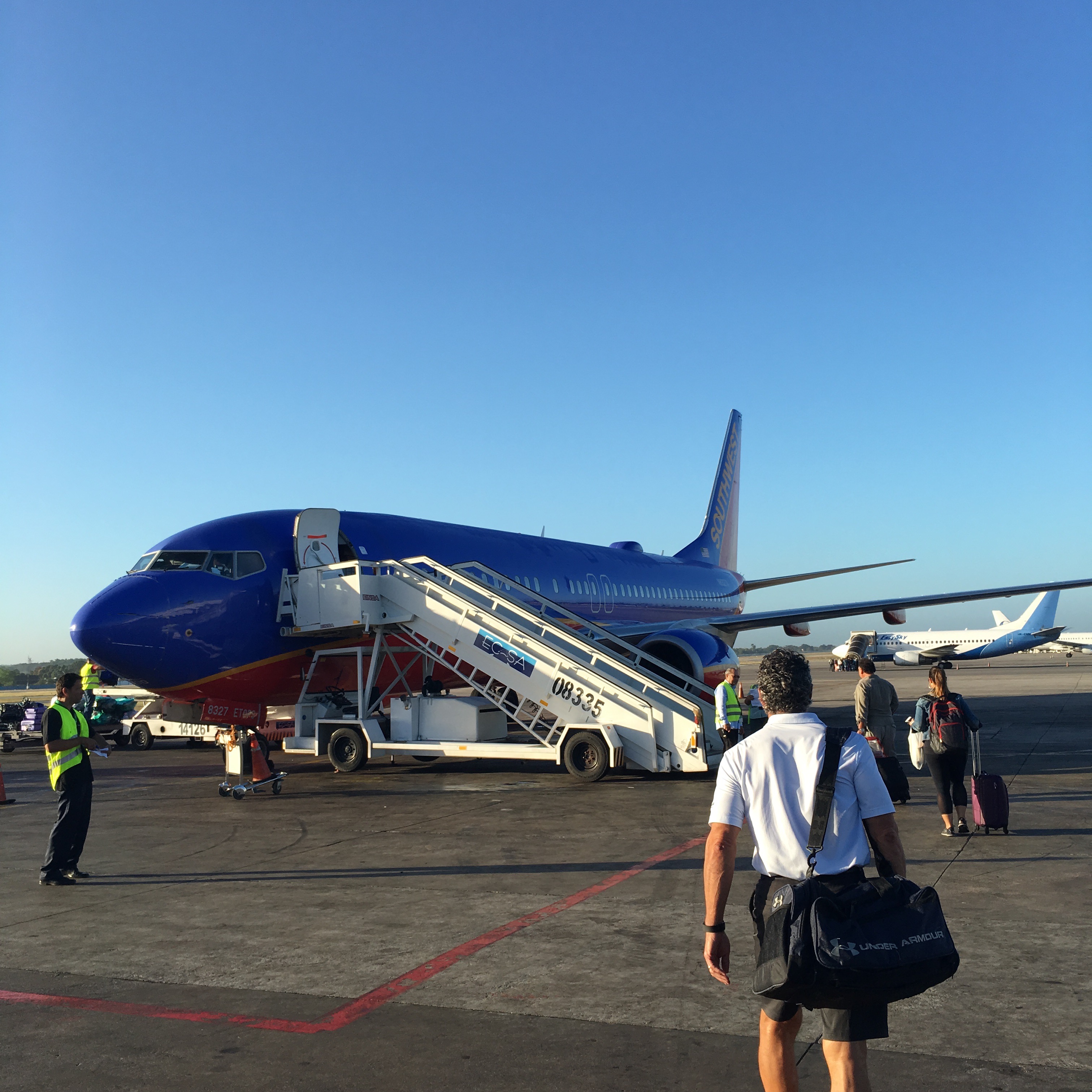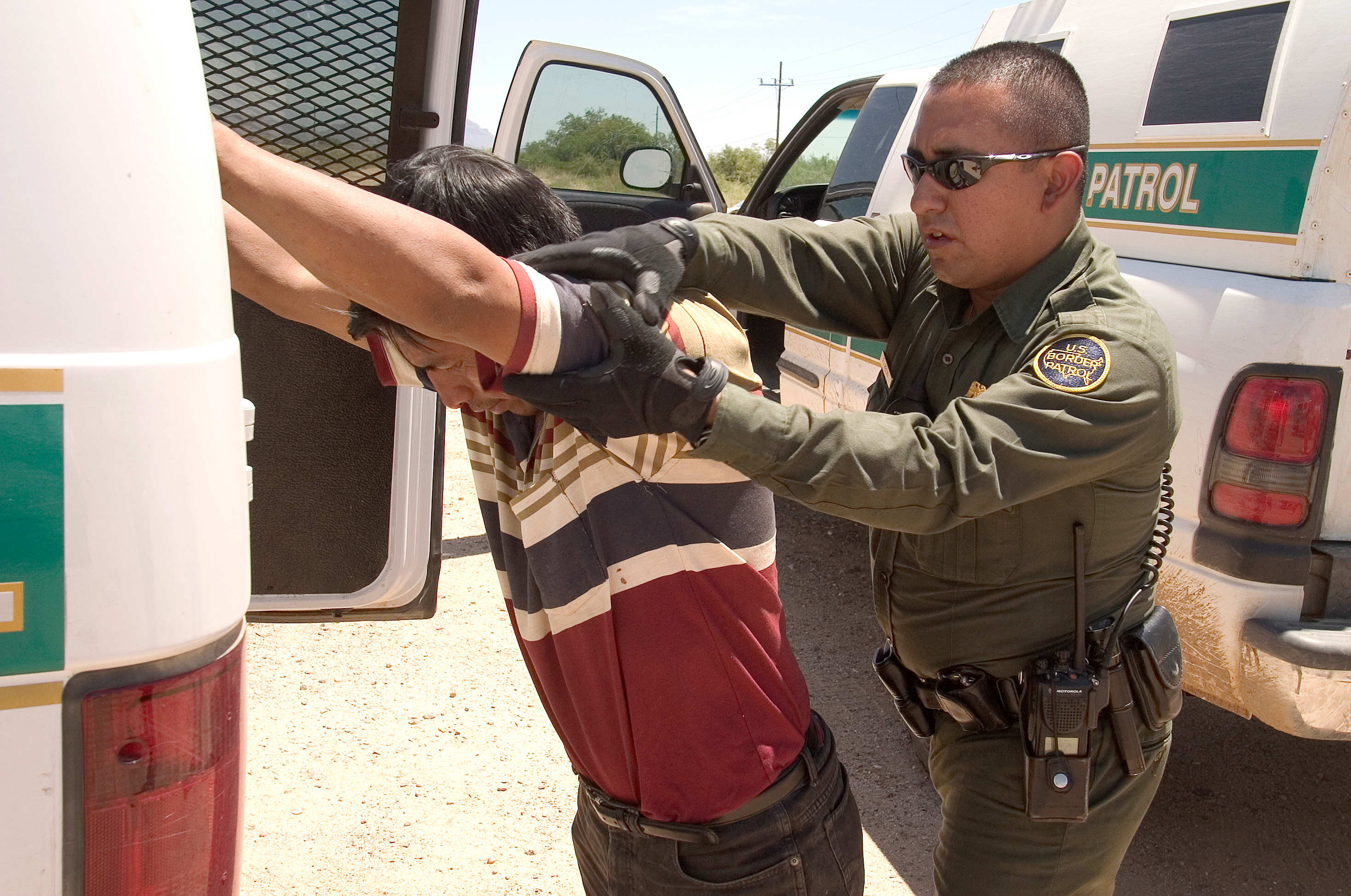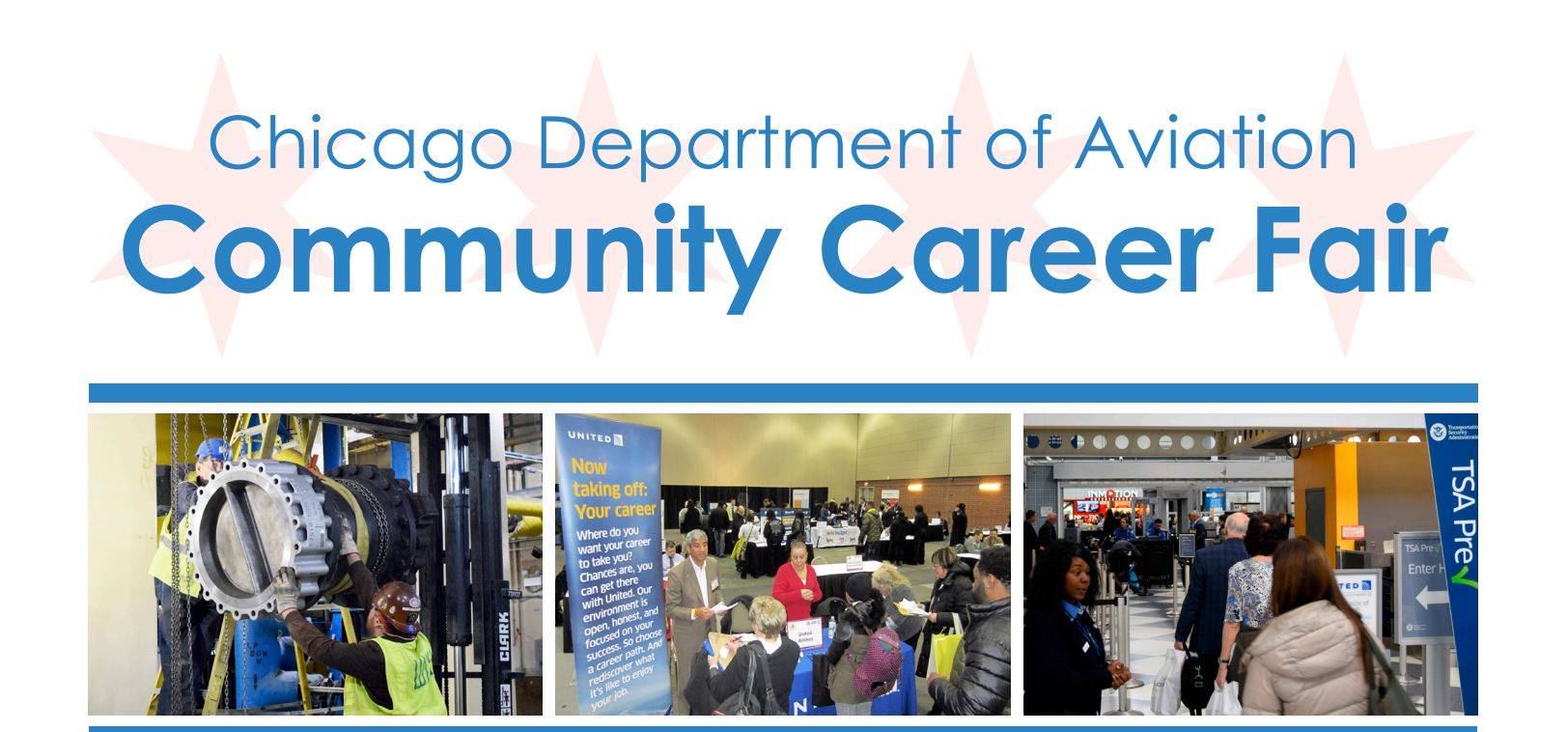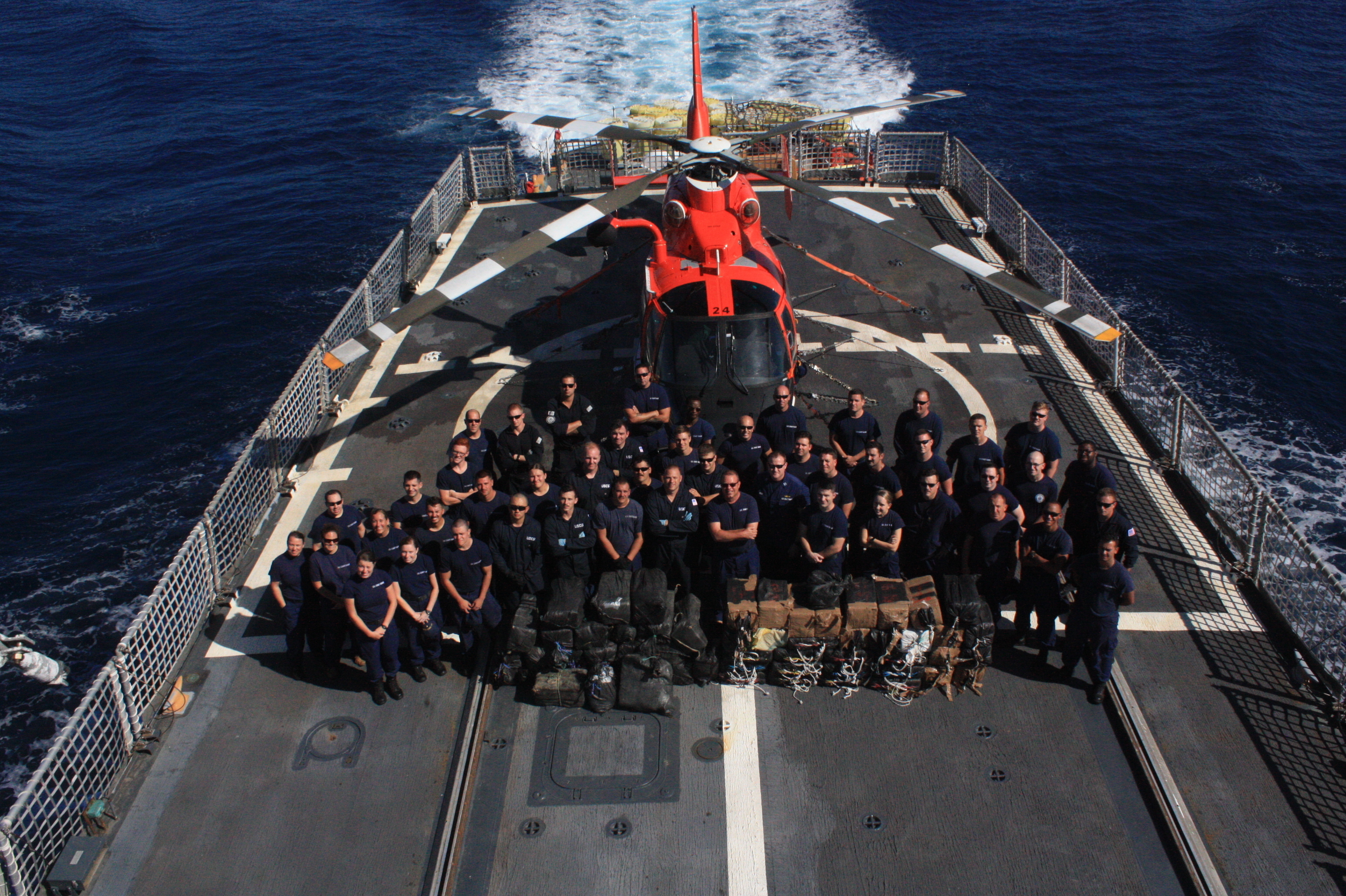Alzheimer’s Disease…
– is developed by someone in the U.S. alone every 66 seconds.
– is currently afflicting more than 5 million Americans.
– is the 6th leading cause of death in the United States, causing 500,000 deaths per year.
(source: Alzheimer’s Association, 2016)
RELATED:
GUIDE: 11 Traveling Tips For Seniors
GUIDE: Traveling with Cremated Remains – TSA and Airline Rules
GUIDE: Are You Allowed To Bring Alcohol On A Plane?
GUIDE: Are You Allowed To Smoke E-Cigarettes On A Plane?
TIPS
Here are a few tips for travel with persons exhibiting dementia and in various Alzheimer’s stages that I learned from personal experience, in addition to probably the biggest (and most difficult) tip:
BE PATIENT!
- Extra Time – Everything will take longer. From ordering meals to getting through airport security, allow for x2 the time to be safe.
- Courtesy Cards – Carry several business-card sized, pre-printed cards to discreetly hand to others at the start of an encounter (see inset photo example). You will have to gauge how sly you need to be in handing it to the restaurant waitstaff, ticket counter employee, TSA officer, flight attendant, etc. You may want to add, “Please return this card to me for reuse” and laminate a couple to carry too.

Keep several courtesy cards in your pocket, ready to be handed to waiters, TSA officers, flight attendants, etc. - “I’m Traveling With…” – Put an easily noticeable contact card in your dementia companion’s wallet/purse with your name, address and cell number. Include a backup cell number of a family member or friend who knows your travel plans. Even if you never, ever leave the person’s side, do it!
- Safety Procedures – “Think and Act for Two” – in other words, double check your companion’s seat belt, carry-on packing items, doors locked, etc.
- Legal Document(s) – Have proper guardianship papers and/or powers of attorney with you while traveling should quick proof of authority be an issue in a time of need.
- Engaging Activities – Depending on the advancement of the dementia, your companion may find comfort in games and puzzles of varying degrees of difficulty. Games and simple activities also make great tools for redirecting attention or decelerating an argument, confrontation, or confusing episode.
- Early Stages – puzzles, Sudoku, word-finder, solitaire and other card games, iPad games
- Later Stages – easy puzzles, card matching, dexterity games e.g. rope tying and untying
- Incontinence
- Look for “family bathrooms” where you can both go inside to make sure matters are taken care of including proper hygiene and redressing (e.g. men’s fly is up!). More and more airports, malls, etc. are adding such bathrooms.
- Bring extra undergarments and adult diapers, if applicable.
- Bring 36×36 washable or disposable pads for use in beds away from home.
- Caregiver’s Own Time – Be sure to allow time and activities solely for YOURSELF as the caregiver for a physical and mental break. Plan ahead with others to set a time period for you time.

PERSONAL NOTE
You are not alone. I thought it is worth briefly mentioning my personal history on this topic to reinforce that those similarly situated to me can be reassured in knowing you are not alone in this process. It’s a process that is not easy. Not at all. It is one of the hardest things I’ve faced in my life.
You are not alone. This past winter, I lost my mother to Alzheimer’s type dementia at the all too young age of 68. The lead photo was her holding my father’s hand this past Christmas Day, a moment I will never forget as we did not realize she would be gone only weeks later.
You are not alone. My mom was affected by Alzheimer’s type dementia for over a decade. She was symptomatic starting around age 55, an early onset believed to be contributed in whole or in part to her Type-1 diabetes. As the dementia progressed, so did my dad’s role as her primary caregiver, which was dramatically enhanced by her use of an insulin pump and shots and a strict diet.
You are not alone. We learned a lot, especially my father who still attends a regular support group to share his story, support, and ideas with others in different stages of the process with their loved ones.
You are not alone. It was a devastating journey to watch my mom’s mind leave us, but her everlasting spirit of love, humor, compassion and thoughtfulness gave us comfort. I hope you can find the same.
SHARE The Support
- Please share this post with family and friends who may benefit from it.
- Please feel free to add your own tips, comments, and experiences in the comments below.
- Please fee free to contact me, publicly or privately, for any further assistance or questions.
OVERTIME
I highly recommend HBO’s The Alzheimer’s Project Series, which is all available for free streaming online.
____
@travelblawg
facebook.com/travelblawg
Subscribe in the sidebar!
Disclosure of Material Connection: Some of the links in the post above are “affiliate links.” This means if you click on the link and purchase the item, I will receive an affiliate commission.










Thank you for taking your time to share you story and thank you for this post.
All the best,
PedroNY
Great post! I am traveling right now with my father who is in mid-stage Alzheimers. I love the idea of the courtesy card. What an amazing idea. He goes ballistic if he hears me tell anyone about his condition. It would be so much easier to handle it with a discrete card. Thank you!
Thank you! Hope the card method helps in some degree. I wish I would have known about it sooner myself! Restaurants, flight attendants, TSA, and so on. I wish you the best on this journey, and always feel free to contact me with questions or for help.
Great article. At a later stage though, they are quite unlike toddlers in that watching TV or looking at throngs of strangers doesn’t calm them. I recall my Mom very concerned about the things happening on the TV as though they were real and happening in the room so we stopped having one on near her. Eventually travelling became too much input and caused confusion leading to distress. A toddler having a tantrum is easy to contain, a 100+ pound lady not quite so simple.
Thanks for the comment! My mother’s confusion and anxiety certainly worsened exponentially leading up to her residential F/T care in an Alzheimer’s care facility. My dad had become her anchor and she never wanted to leave his side, giving her one last glimmer of consistency with all the confusion. While this led to a very difficult transition to her care facility without him 24/7, as you can image or know yourself, it was for the best.